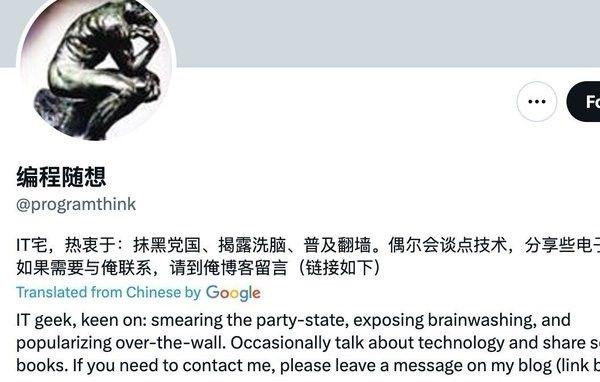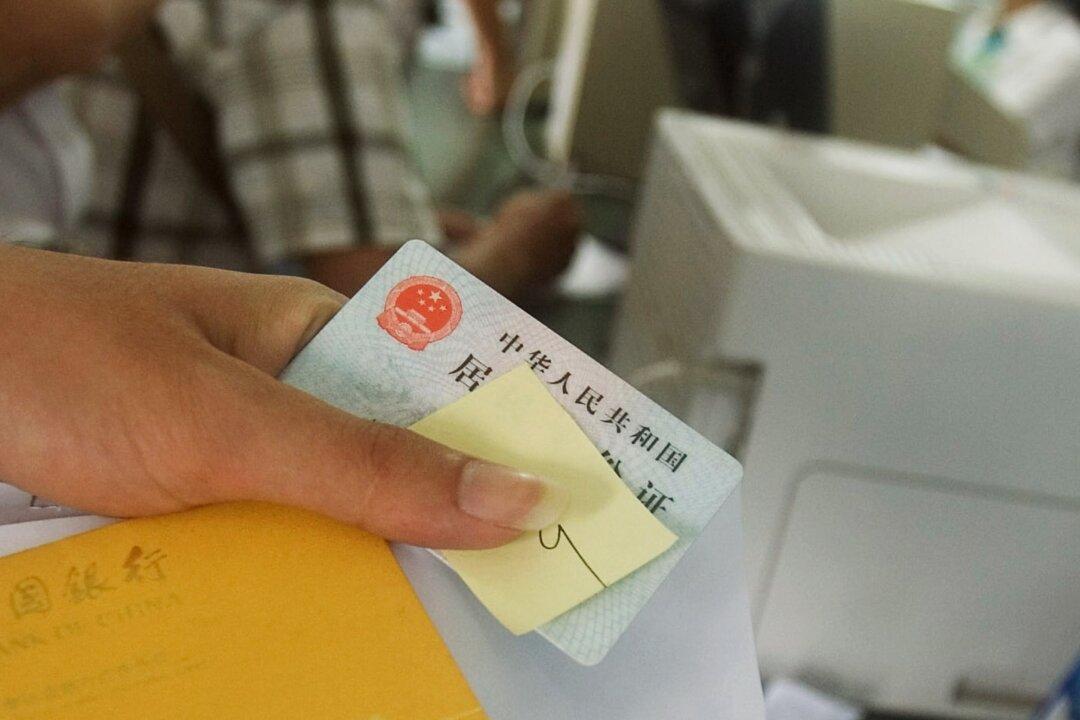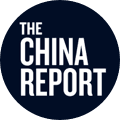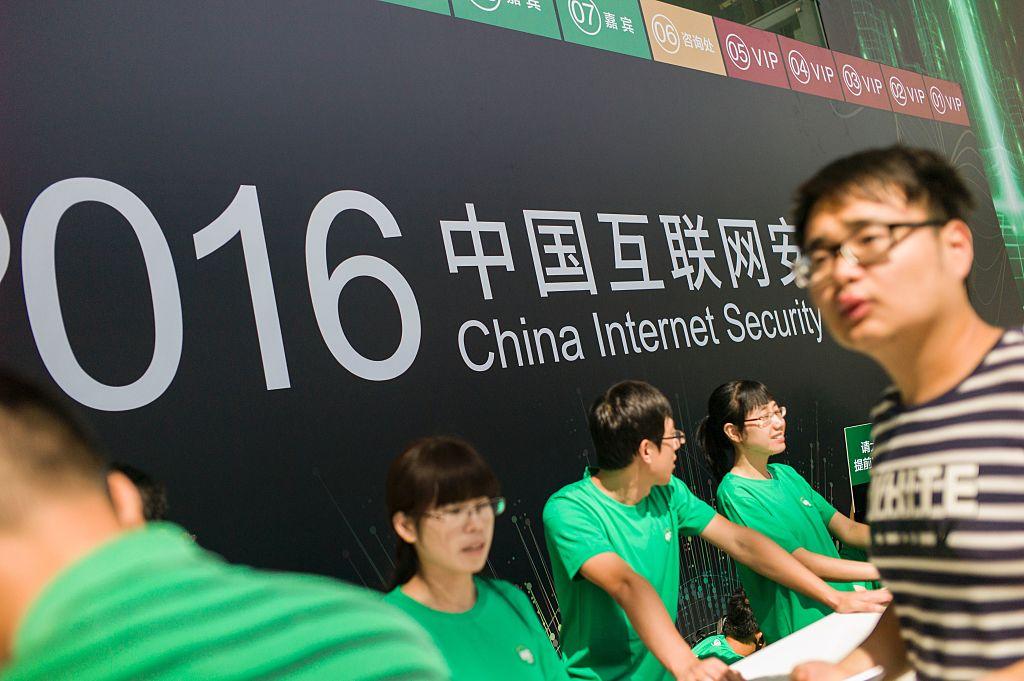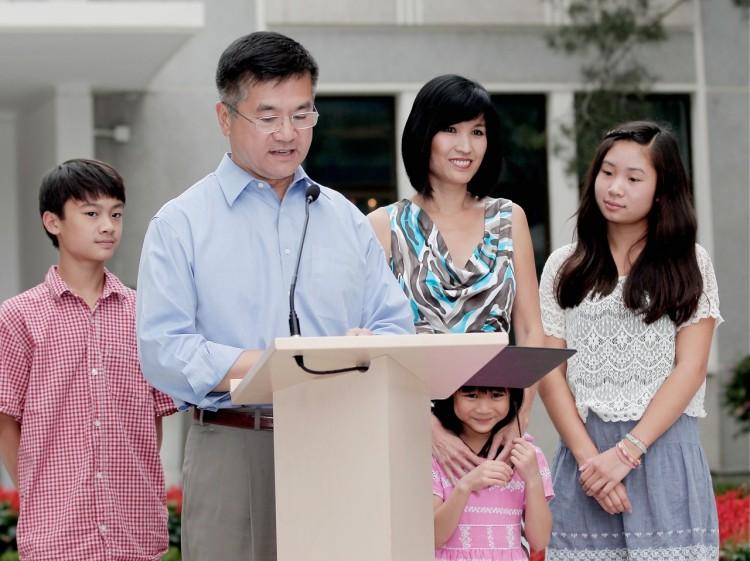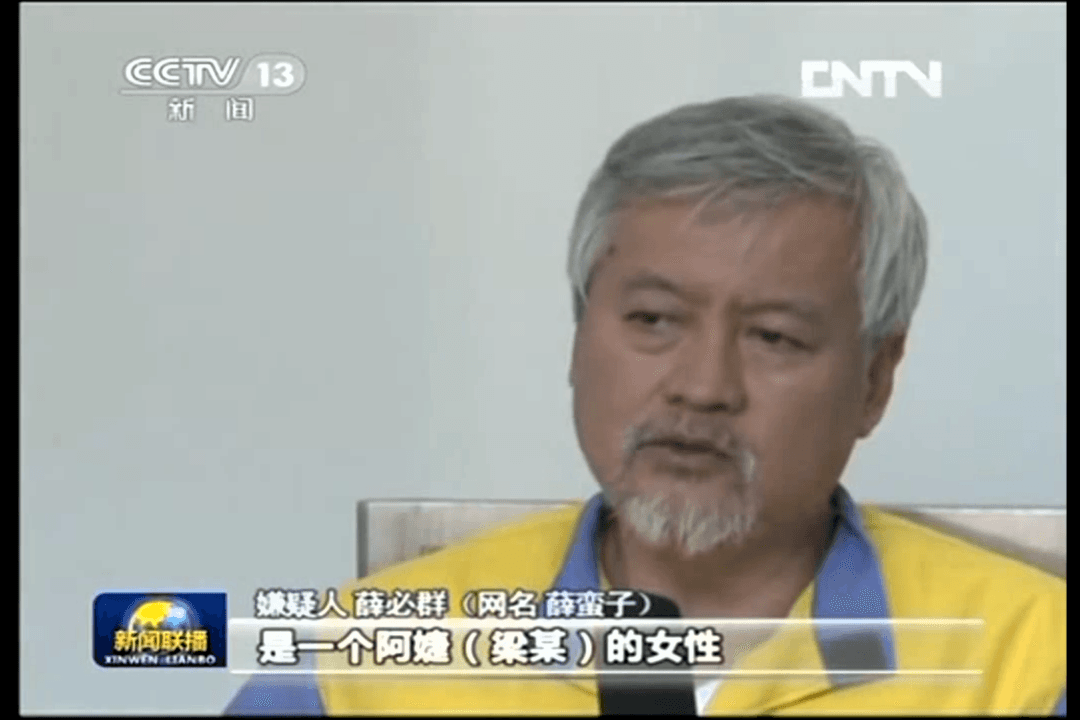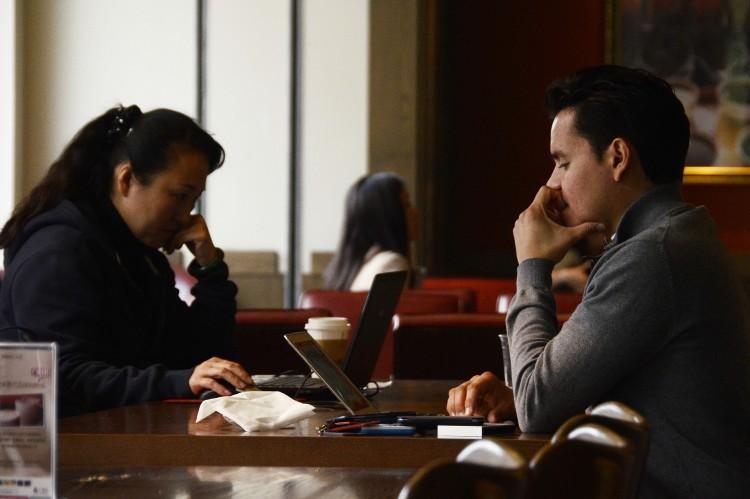Focus
Chinese Internet
LATEST
Coronavirus: Inside China’s Hospitals, Doctors Defy the Chinese Regime’s Narratives-The China Report
|
China’s Alipay Seeks to Export Mobile Payments Abroad
Alipay, China’s biggest mobile payment service, unveiled several new partnerships to accept payments in the U.S. last week.
|
Facebook Login System Hijacked by China’s Great Firewall
On Sunday, many Chinese web users were shut out of popular websites that embed Facebook Connect, being repeatedly redirected to random webpages.
|
Gary Locke’s Opinion on Chinese People? This is Viral in China
On China’s internet, this well-circulated “12 Observations of Chinese People” allegedly came from Locke—it may not really be from his pen, but someone wants to warn Chinese people what they’ve become using his name.
|
140 Characters Could Mean Jail in China
The noisy and often rambunctious Chinese Internet is being brought to heel by a Chinese Communist Party uncomfortable with the authentic voice an informed and discontented population. Jail time, public humiliation, and calls to rally around the regime’s propaganda are being marshaled in the new campaign.
|
Group of Chinese Lawyers Beaten After Visiting Brainwashing Center
A group of nearly a dozen Chinese human rights lawyers who attempted to investigate an extralegal “brainwashing center” in the southeast of the country were violently set upon by guards on May 13.
|
Harvard Study: Chinese Censors Fear Group Action
Empirical analysis of censorship in China shows that the regime is more interested in squashing group actions that threaten “stability,” than preventing state criticism.
|
Chinese Anti-Corruption Champion Arrested on ‘Subversion’ Charges
A former independent candidate of the National People’s Congress is the latest anti-corruption activist to be detained by the Party, after calling on top officials to disclose their assets.
|
Chinese Victim in Boston Evokes Internet Discussion
The sudden, violent death of a young Chinese student in the Boston Marathon bombing has ignited on the Chinese Internet a discussion about terrorism and the United States, with many netizens repudiating the anti-American sentiments that are often found in state media outlets.
|
The Top 10 Countries That Use Social Media
Whether it is free speech, efficiency in business, live updates on what’s happening in the world, or simply chatting with friends, social media is at the center of a worldwide evolutionary process.
|
Coronavirus: Inside China’s Hospitals, Doctors Defy the Chinese Regime’s Narratives-The China Report
|
China’s Alipay Seeks to Export Mobile Payments Abroad
Alipay, China’s biggest mobile payment service, unveiled several new partnerships to accept payments in the U.S. last week.
|
Facebook Login System Hijacked by China’s Great Firewall
On Sunday, many Chinese web users were shut out of popular websites that embed Facebook Connect, being repeatedly redirected to random webpages.
|
Gary Locke’s Opinion on Chinese People? This is Viral in China
On China’s internet, this well-circulated “12 Observations of Chinese People” allegedly came from Locke—it may not really be from his pen, but someone wants to warn Chinese people what they’ve become using his name.
|
140 Characters Could Mean Jail in China
The noisy and often rambunctious Chinese Internet is being brought to heel by a Chinese Communist Party uncomfortable with the authentic voice an informed and discontented population. Jail time, public humiliation, and calls to rally around the regime’s propaganda are being marshaled in the new campaign.
|
Group of Chinese Lawyers Beaten After Visiting Brainwashing Center
A group of nearly a dozen Chinese human rights lawyers who attempted to investigate an extralegal “brainwashing center” in the southeast of the country were violently set upon by guards on May 13.
|
Harvard Study: Chinese Censors Fear Group Action
Empirical analysis of censorship in China shows that the regime is more interested in squashing group actions that threaten “stability,” than preventing state criticism.
|
Chinese Anti-Corruption Champion Arrested on ‘Subversion’ Charges
A former independent candidate of the National People’s Congress is the latest anti-corruption activist to be detained by the Party, after calling on top officials to disclose their assets.
|
Chinese Victim in Boston Evokes Internet Discussion
The sudden, violent death of a young Chinese student in the Boston Marathon bombing has ignited on the Chinese Internet a discussion about terrorism and the United States, with many netizens repudiating the anti-American sentiments that are often found in state media outlets.
|
The Top 10 Countries That Use Social Media
Whether it is free speech, efficiency in business, live updates on what’s happening in the world, or simply chatting with friends, social media is at the center of a worldwide evolutionary process.
|

